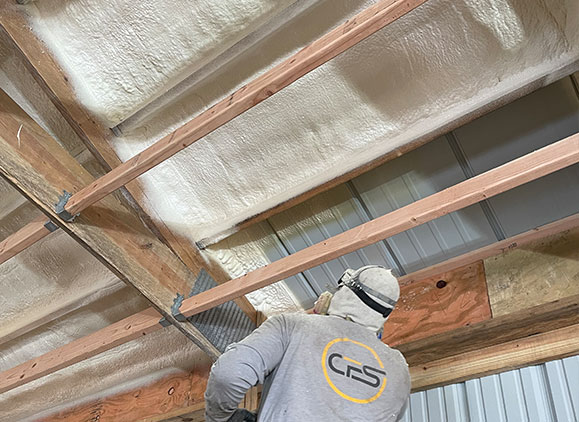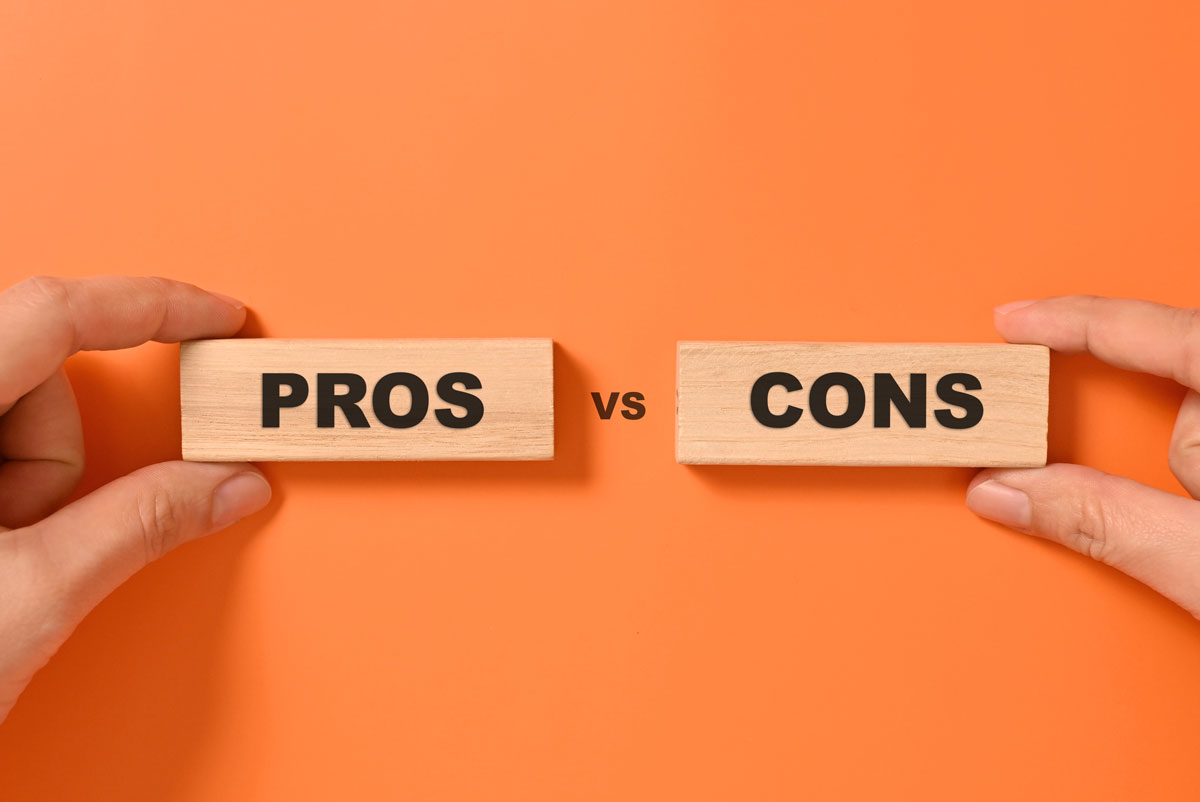In the quest for energy efficiency and reduced utility bills, homeowners and businesses are seeking insulation solutions that offer exceptional thermal performance. In recent years, spray foam insulation has emerged as a game-changer, revolutionizing how buildings are insulated and helping to maximize energy efficiency.
One of the leading spray foam insulation benefits is its ability to reduce utility bills. In this article, we’ll explain how spray foam insulation reduces utility bills by delving into its long-term benefits and statistics. That way, you can decide if spray foam insulation is a worthwhile investment for your home or commercial property!
Understanding Spray Foam Insulation: How to Reduce Your Utility Bills
Spray foam insulation is a two-part mixture sprayed onto surfaces that expands and hardens to create a barrier. There are two types of spray foam insulation: open-cell and closed-cell, both offering long-term benefits that contribute to energy efficiency and cost savings.
1. Superior Insulation Properties
R-value (or resistance value) measures a material’s thermal resistance, indicating its ability to resist heat flow. In simpler terms, it measures how effectively an insulation material can prevent heat transfer through it. The higher the R-value, the better the insulation’s thermal performance.
Spray foam insulation, whether open-cell or closed-cell, has higher R-values than traditional insulation materials. Closed-cell foam, for instance, offers an impressive R-value of around 6.0 to 7.0 per inch, significantly higher than fiberglass, with an R-value of approximately 2.2 to 2.7 per inch.
Additionally, statistics reveal that spray foam insulation can decrease energy loss through walls by 30% to 50% compared to traditional insulation, showcasing its superior thermal performance.
2. Air Sealing Abilities
According to a 2022 U.S. Department of Energy Report, air leakage can account for 25 to 40 percent of the energy used for heating and cooling in residential buildings. Spray foam effectively seals gaps and cracks, creating a seamless, airtight barrier to ensure conditioned air stays inside.
This spray foam insulation benefits significantly minimizes air infiltration, heat transfer, and energy loss, keeping your building cooler in the summer and warmer in the winter, resulting in substantial energy savings.
3. Utility Bill Savings
Studies indicate that homes insulated with spray foam insulation experience a 20 to 50 percent reduction in heating and cooling costs compared to those using traditional insulation methods, like fiberglass or foam board.
For instance, a homeowner spending $200 a month on heating or cooling costs may save anywhere from $50 to $100 monthly after installing spray foam insulation.
4. Environmental Impact
A Spray Polyurethane Foam Alliance (SPFA) report suggests that spray foam insulation can reduce a building’s dioxide emissions by approximately 50 percent compared to traditional insulation. Spray foam insulation benefits can help lead to decreased energy consumption.
5. Return-on-Investment (ROI)
The initial cost of spray foam insulation is higher than traditional insulation, but it yields long-term savings because it significantly reduces energy bills over the life of a building. Its durable nature and moisture resistance ensure low maintenance costs, contributing to minimal maintenance and overall cost savings.
In fact, the U.S. Environmental Protection Agency (EPA) estimates that homeowners can recoup their investment within two to four years through energy savings.
Spray Foam Insulation: Is it a Worthwhile Investment for You?
Spray foam insulation is an excellent choice for maximizing energy efficiency and reducing utility bills. The spray foam insulation benefits are in its ability to create airtight seals, provide superior insulation, and contribute to long-term savings, making it an attractive option for homeowners and businesses looking to lower their energy consumption and operational costs.
Investing in spray foam insulation not only results in immediate cost savings on utility bills but also provides long-term financial benefits. Furthermore, it enhances comfort within a space and serves as a sustainable choice for reducing your carbon footprint while saving on energy expenses in the long run.
By understanding these statistics and recognizing the long-term benefits of spray foam insulation, homeowners and businesses can make informed decisions to maximize energy efficiency, reduce utility bills, and contribute to a more sustainable future.
The Capital Spray Foam Difference
At Capital Spray Foam, we understand the importance of a well-insulated property. We offer high-quality spray foam insulation services to ensure your home or commercial property benefits from increased energy efficiency, enhanced comfort, and reduced utility bills.
Our team of qualified spray foam experts can handle all your spray foam insulation needs, providing professional advice and superior installation services. Contact us today to discuss your needs!







